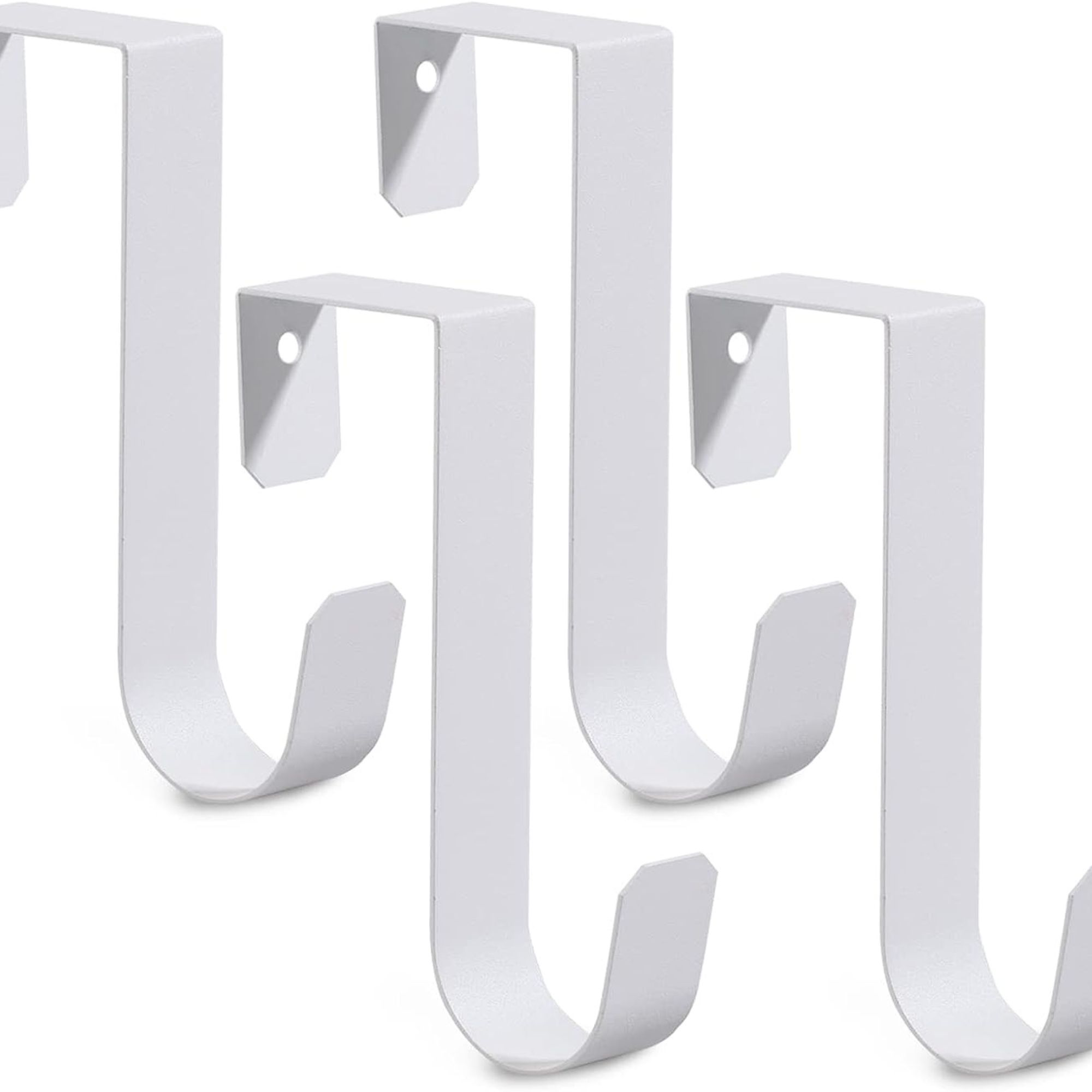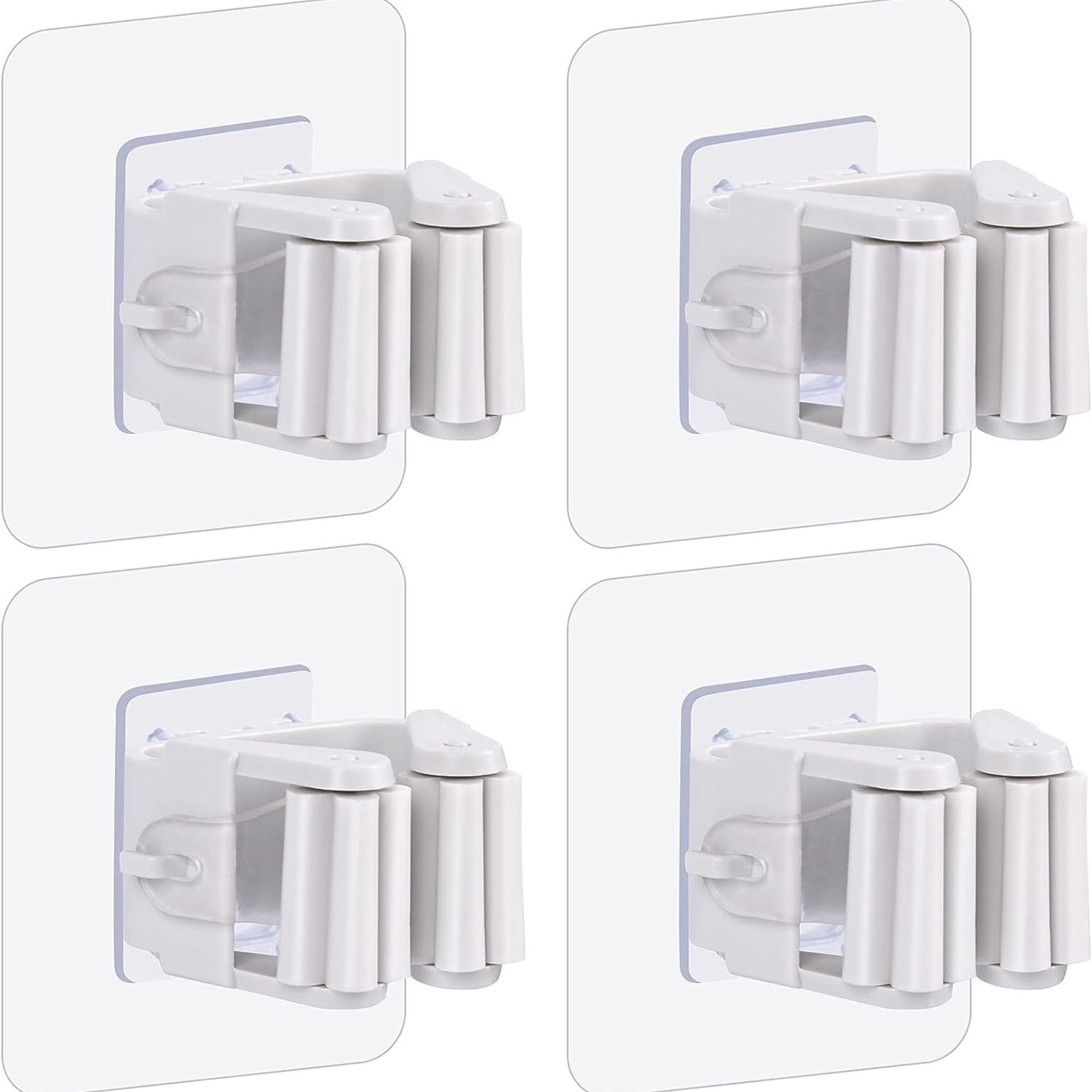3 key storage lessons from small space living – rules I follow to survive in a tiny apartment
The storage lessons I swear by for a functional, clutter-free space
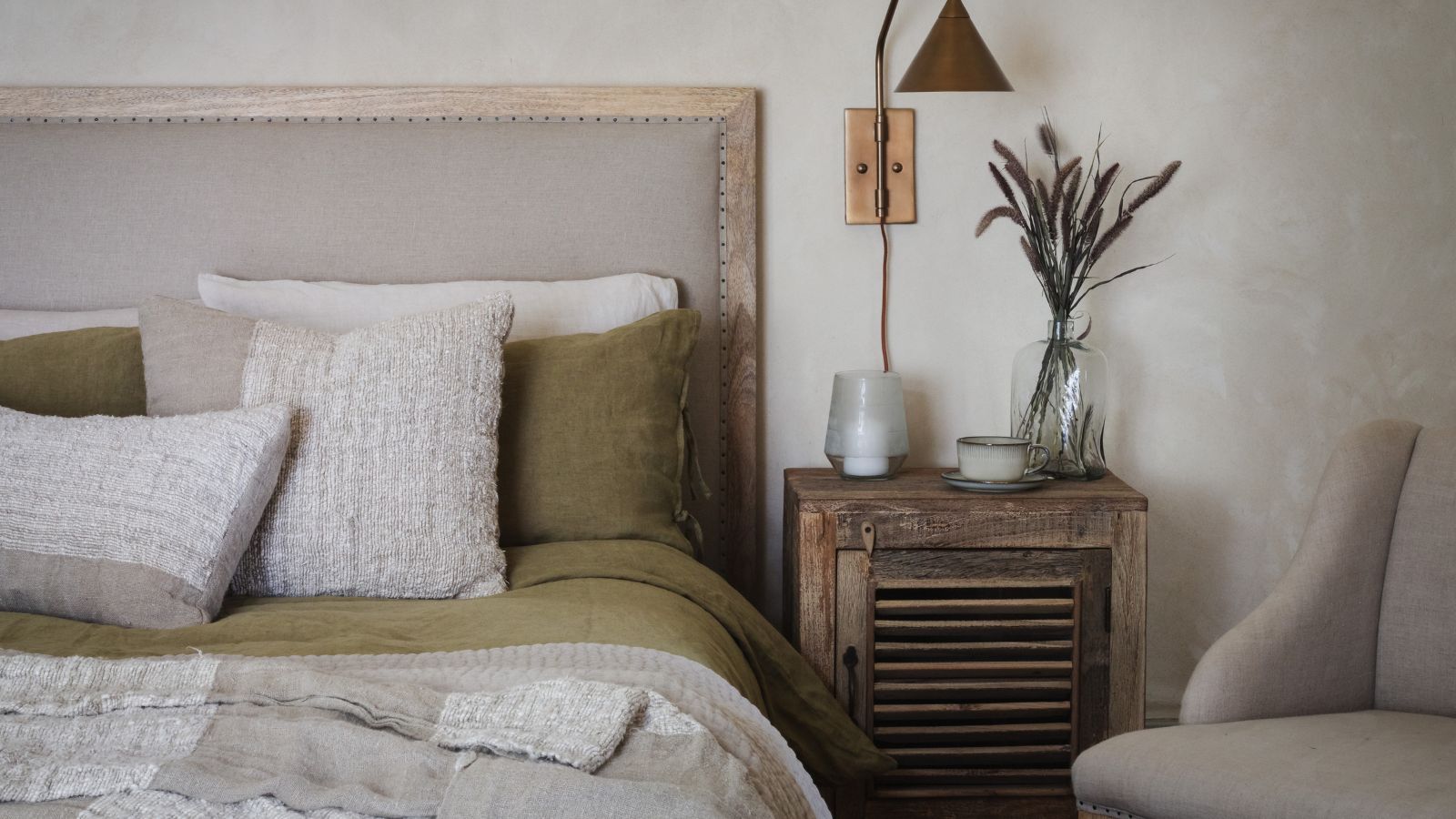

When I was a student I lived in my fair share of small apartments and ‘cozy’ bedrooms. As a result, I learned to get pretty creative when it came to my storage solutions.
As it turns out, you can break a few common home organizing rules when it comes to tidying up a space that is lacking in storage– it is about finding a good balance between practical and stylish.
These are the three storage lessons I learned from small-space living, and why I still use them even after moving into a bigger home.
Storage lessons from small-space living
Sometimes when organizing small space storage ideas, especially in a rented place, it is important to put aesthetics to one side and focus on functionality. While this may not exactly result in organizing your home for quiet luxury, it does provide you with a space that makes everyday life run more smoothly. Here is how I made it work.
1. One storage unit can be used for multiple categories
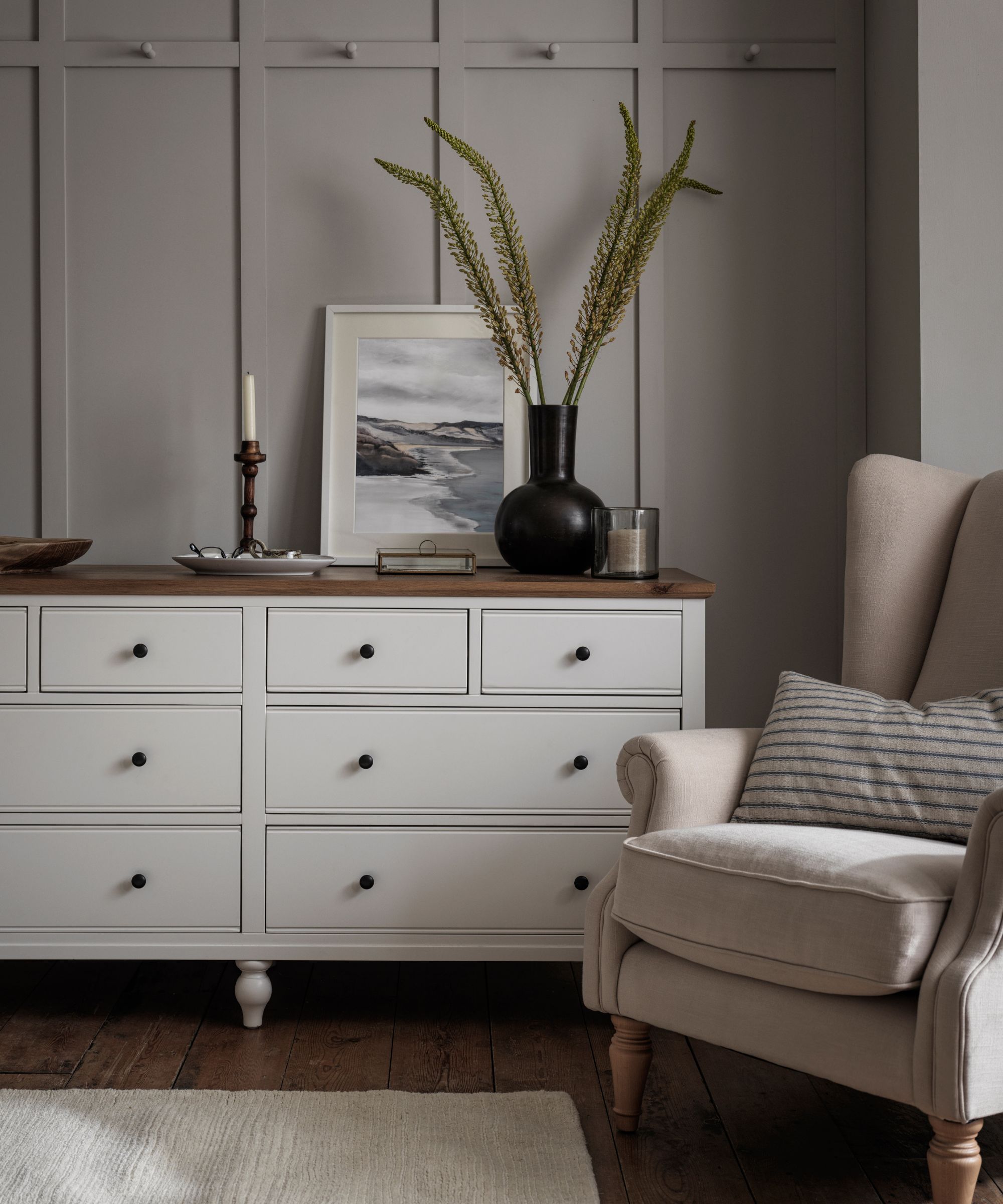
Usually, shoving everything into one cabinet and combining categories is seen as a home organizing mistake that can make it more difficult to find the things you need when you need them. However, when limited on where you can stow things behind closed doors, I learned it is perfectly okay to combine storage units into a miscellaneous catch-all.
The trick, I discovered, is to break a storage unit down by shelf or drawer, and then further still with dividers if needed, so that everything still has a place. These clear dividers, at Amazon, are ideal for giving lots of smaller items a designated home, and they stop things from moving around when opening and closing drawers.
I once used a three-drawer unit to store our bike tools and hiking accessories in the bottom drawer, and our medicines, bandages, and extra bathroom products like soap in the top drawer. The link isn’t too tenuous – if we hurt ourselves when outside on an adventure we would need the medicine kit, for instance, but it is a good example of combining categories that would usually live in different parts of a house. Just be sure to keep things separate to keep them hygienic.
2. Going vertical with storage is a must
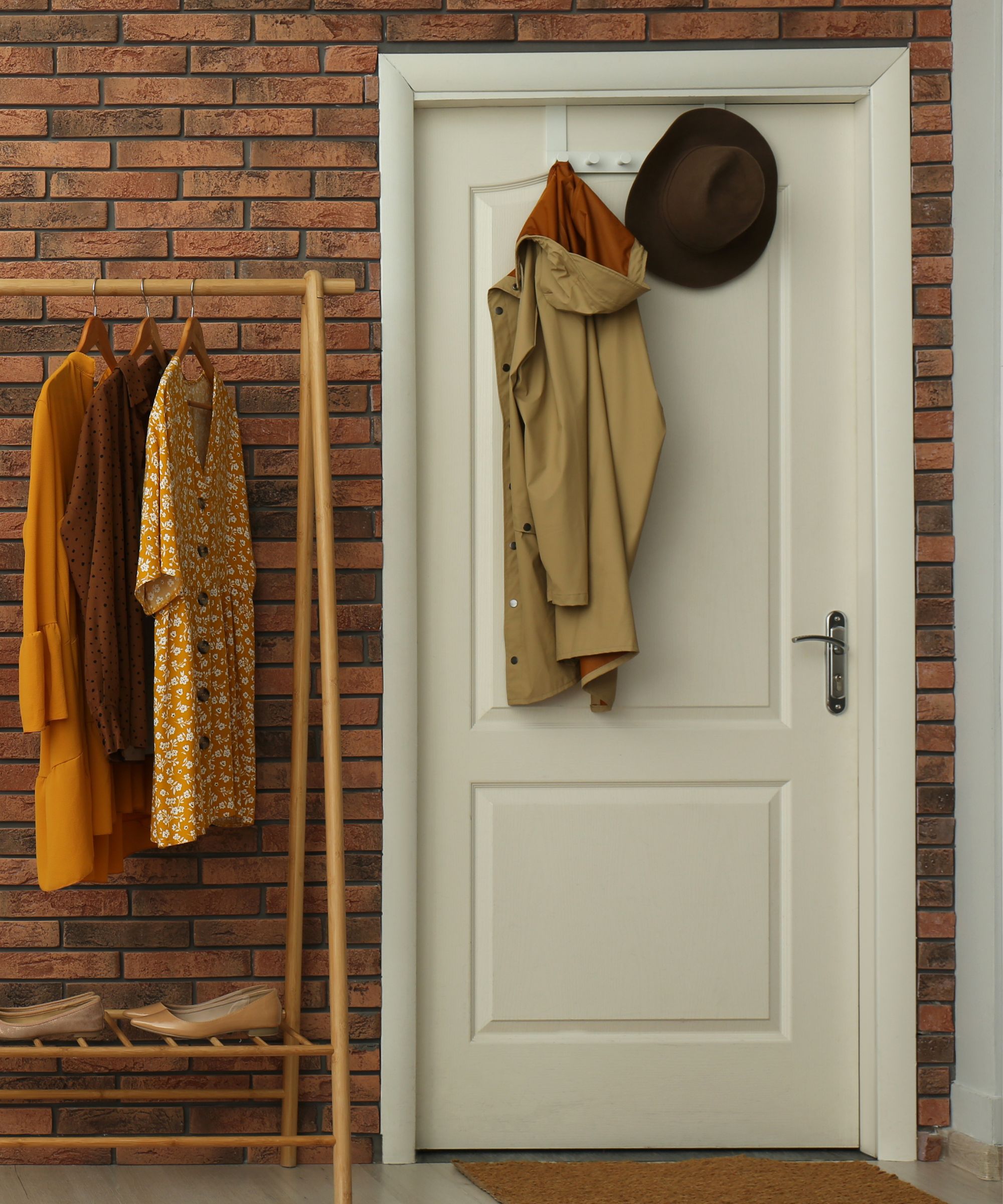
Even when I couldn't drill holes into walls I was finding ways to take my storage up onto the walls and doors, be it with over-door hooks or Command hooks, available at Amazon.
Using the height of my spaces for storage wasn't something I did right off the bat, but started doing it out of necessity when I couldn't fit any more jackets into my closet.
What started as a few coats being hung on a door has turned into me affixing hooks to three of the doors in my home to help organize an entryway, and organize a bedroom with too much stuff. I also turned to using wall clasps to hold my mop when organizing my small kitchen – with just a little extra storage perfect for making the space more practical.
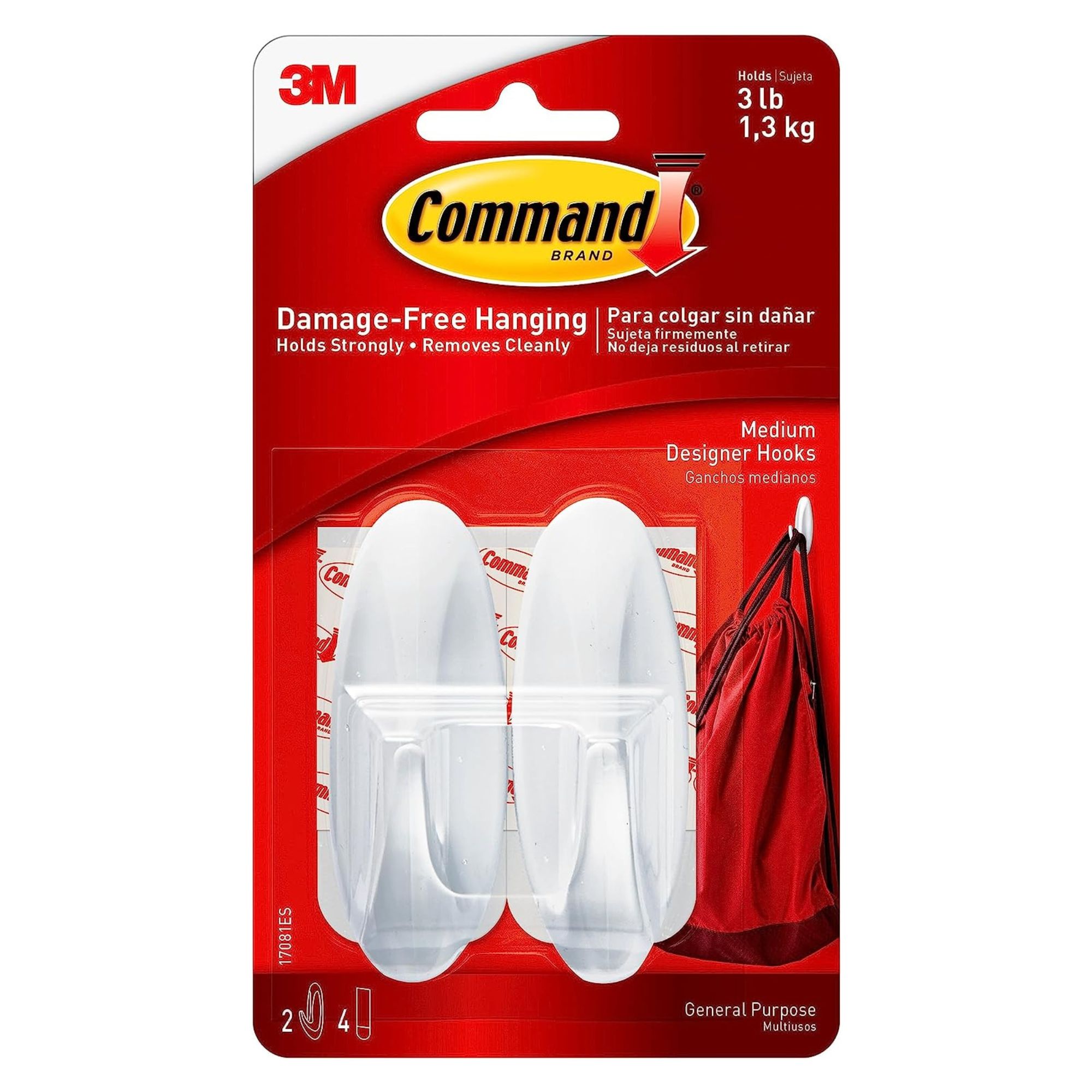
Perfect for holding up to 3lb of weight, these hooks are idea for jackets when you can't (or simply don't want to) use nails or screws.
3. Living with less can be limiting, but essential
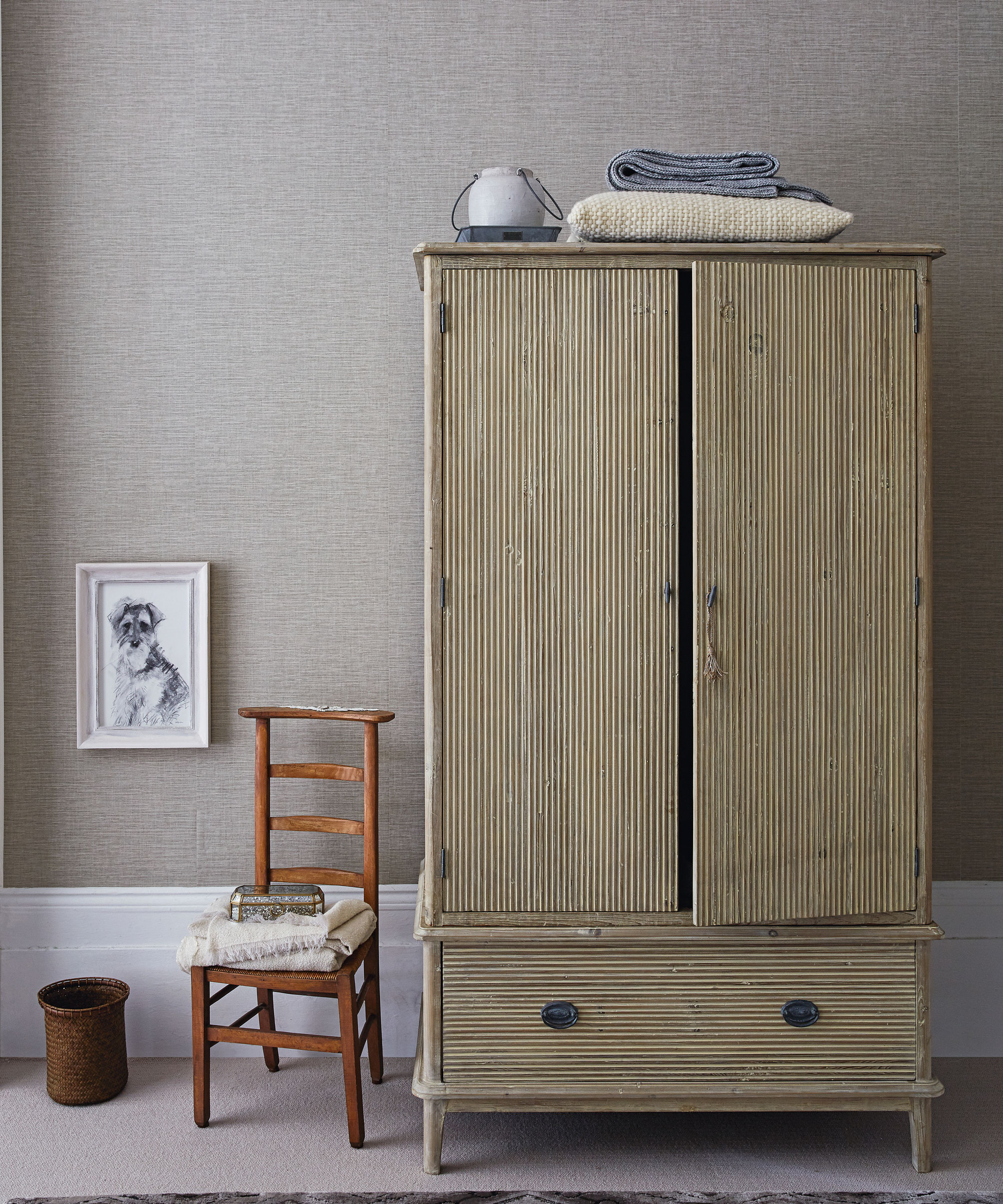
I am someone who loves to be surrounded by stuff, albeit organized stuff. When living in a small space with not much storage, however, I finally had to admit to myself that encouraging minimalism at home was the only option if I didn't want to live with constant clutter.
For me, this meant trying out some of the decluttering strategies minimalists swear by, and sticking more strictly to my capsule decluttering method to cut back on closet clutter.
Living like this not only made it easier to store the essentials, but it made me appreciate what I had, helping me to break bad spending habits – eventually saving me money at home, too.
It may have felt unnatural, but it was good for me in the long run.
FAQs
How do I maximize storage in a small space?
One of the best ways to maximize storage in a small space is to buy furniture pieces with storage in mind. For instance, in a small bedroom, consider replacing the bed or a chair with a piece that has built-in storage for extra space. Similarly, in a living room, opt for a coffee table or TV stand with drawers to help keep everything from standard clutter to throw blankets and cables out of sight for better flow.
How do I find storage space in my small house?
When trying to seek out storage opportunities in a small home, try to think outside of the box. Don't just consider where you can fit another cabinet or drawer unit – instead, consider what you can use that you already have. For instance, take storage up onto the backs of doors, squeeze storage into narrow spaces between units and walls, or add baskets and hanging dividers into cabinets and shelving units to help make use of deep and high storage spots.
When trying to maximize your home’s limited storage space, remember that there are a few spaces you shouldn't use for storage that might damage your belongings. Even in a pinch, try to avoid these common areas, such as the kitchen counters, to prevent having to replace items further down the line.
Sign up to the Homes & Gardens newsletter
Design expertise in your inbox – from inspiring decorating ideas and beautiful celebrity homes to practical gardening advice and shopping round-ups.

Chiana has been at Homes & Gardens for two years and is our resident 'queen' of non-toxic living. She spends most of her time producing content for the Solved section of the website, helping readers get the most out of their homes through clever decluttering, cleaning, and tidying tips. She was named one of Fixr's top home improvement journalists in 2024.
-
 Sarah Michelle Gellar's kitchen cabinets are moody yet elevated – I've always used dark paint with caution, but they make bolder tones accessible
Sarah Michelle Gellar's kitchen cabinets are moody yet elevated – I've always used dark paint with caution, but they make bolder tones accessibleThe actress's black kitchen cabinets are bold yet palatable, proving that this dark shade is a trendy yet timeless color pick
By Hannah Ziegler
-
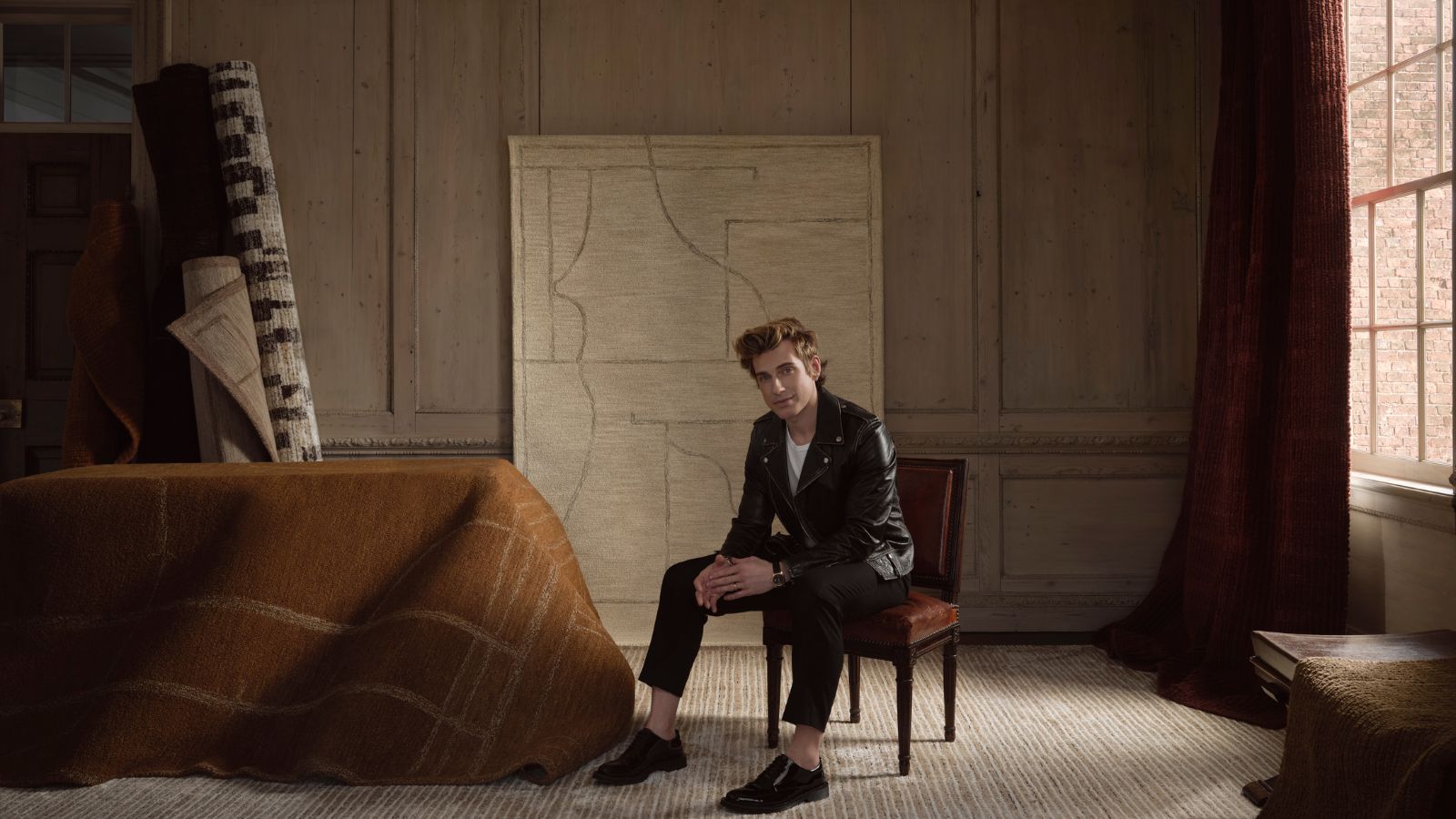 Jeremiah Brent's new NYC-inspired rug collection has got to be the easiest way to bring his modern Manhattan style into your own home
Jeremiah Brent's new NYC-inspired rug collection has got to be the easiest way to bring his modern Manhattan style into your own homeJeremiah Brent has teamed up with Loloi Rugs to create a contemporary collection of home furnishings inspired by his city
By Eleanor Richardson
